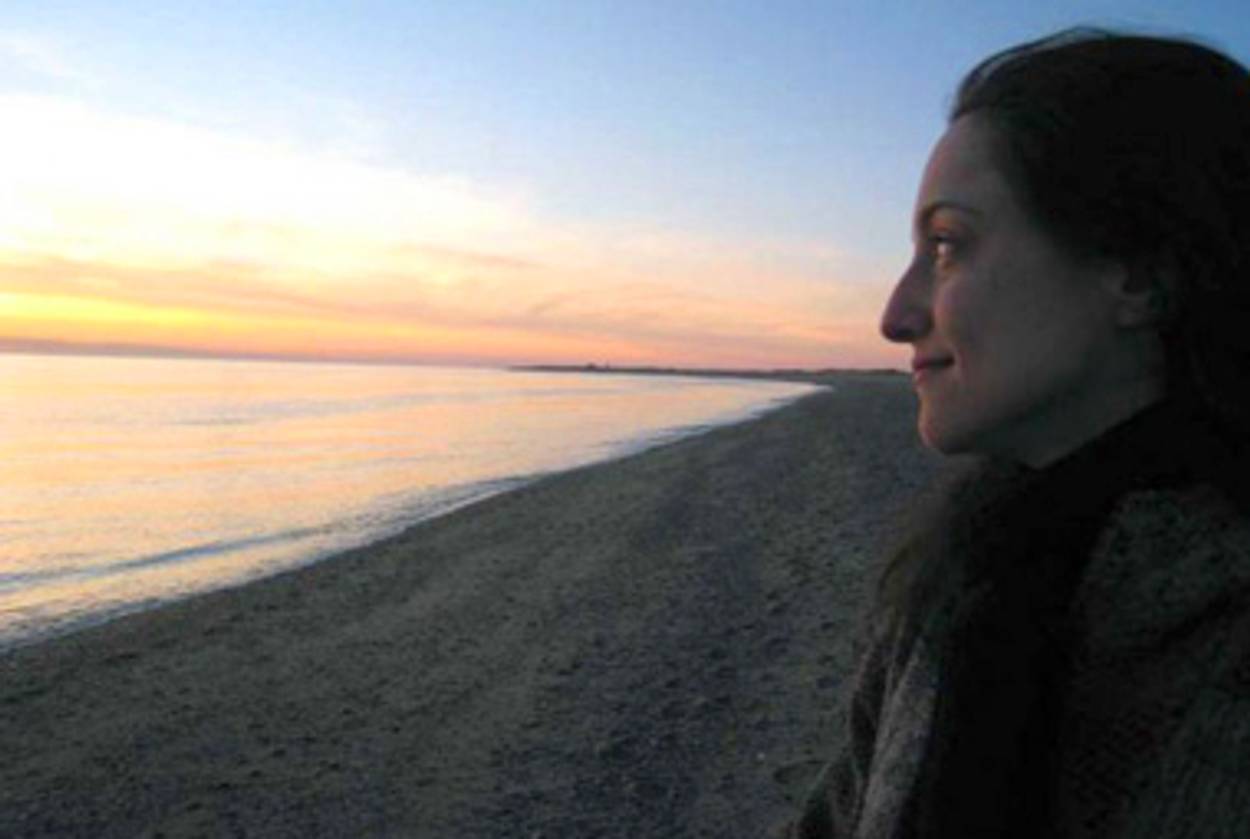Western Promises
With her debut novel, The Cosmopolitans, Nadia Kalman expands the boundaries of Soviet-Jewish immigrant fiction




The publication of debut novels by Gary Shteyngart and Lara Vapnyar in the early years of this century heralded the arrival of a literary sub-genre: immigrant fiction specifically about people from the former Soviet Union. For nearly a decade now, a prolific handful of young writers have been describing the challenges of being Russian (or Ukrainian or Georgian or Latvian) newcomers to North America. Theirs are works filled with loneliness, pressures to marry within the community, class aspiration, and regret over having to take lesser jobs in a new land; these writers frequently draw from the same well of references—to vodka, to Dostoevsky, to Brighton Beach.
This cohort, which also includes David Bezmozgis, whose long-awaited first novel, The Free World, will be published next year, Sana Krasikov, and others by and large undertake their projects with restraint. They are not tackling historical fiction; they are telling intimate stories of individuals whose lives have been turned upside down, or maybe in fact have been righted, by history. When such an approach succeeds, as in Bezmozgis’ Natasha and Other Stories, it underscores the poignancy of the narrative. When it fails, the tales veer toward maudlin—and fall back into cliché.
Nadia Kalman, who moved to the United States as a child with her family from the former Soviet Union, steps lively into this landscape. Her debut novel, The Cosmpolitans, skips between hilarious and bittersweet in its portrayal of the Ukrainian Jewish immigrant Molochniks, who live in Stamford, Conn., the B-list city of Kalman’s own immigrant youth. Between the parents—the hapless Osip and his no nonsense wife Stalina, named for the dictator as misguided protection against anti-Semitism—and their three daughters, the Molochniks straddle the expanse of fears, hopes, and resentments that immigrants so often experience. And, in Kalman’s hands, they do so with refreshing humor, helping expand the sub-genre in which Kalman will invariably be included. She swaps restraint for the farcical, without forfeiting intimacy or gravity, and the trade is delightful.
“I know now why American ladies say when we arrive, ‘Look, is shower.’ ‘Look, is toilet,’ ” fumes Stalina shortly after seeing a production of Fiddler on the Roof. “Why are they telling me with such big smiles? Are they engineers who built the toilet? No, they think this is the first toilet we ever see. They think we came out of shtetl fighting over if horse was mule. We were intelligentsia.” That lament—there, we were someone, but look at us now—recurs in The Cosmopolitans, but Kalman keeps it from becoming an elegy. Her prose is brisk, and its semi-satirical style, bordering at times on lampoon, invigorates material—erosion of tradition, generational tensions, star-crossed love (back to Fiddler, it seems)—that’s decidedly well-worn.
There are complications in the proceedings. Milla, the eldest daughter, is the target of heaping condescension from her in-laws, who convince the young couple to move into the maid’s room in their Upper West Side apartment. She lumbers fairly passively through marriage, motherhood, and separation all the while fantasizing about other women.
Yana, the middle sister, an idealistic Marxist-feminist Columbia student, abandons academia while falling for Pratik, a polite, affable Muslim exchange student whom Osip has invited to stay. The welcome mat is pulled once the family learns that a romantic relationship has bloomed, but by then it is too late to thwart it.
Then there is Katya, an unhappy wild child who drinks in order to quiet her unpredictable channeling of Leonid Brezhnev. He made his first appearance at 4 when, “a man’s voice burst from her chest, saying something about disobedience in Russia,” causing Stalina to call her “Moy Greh,” my sin, and only years later explaining why she would consider her daughter as such. Kalman doesn’t categorize Katya’s condition as mental illness, and absent that diagnosis, Brezhnev’s appearances come off as evidence of an extremely embarrassing, though very funny, supernatural presence that drives Katya toward harrowing self-destruction.
That’s before she cleans up and takes up with Roman, an immigrant ne’er-do-well who seems to have learned English from MTV (“fish is banging,” he declares in a compliment about dinner), shoplifts from Caldor, and entertains good-son fantasies that he can bring his junkie-mother (not always “a narcomanka, but she was always a hairdresser, which was bad enough, a girl from a good Jewish family”) to the States.
How does the “Russian soul” adapt in America? It’s a question that haunts much of the work produced by young writers from the FSU. The Moscow-born Irina Reyn takes it up explicitly in her Tolstoy-inspired novel, What Happened to Anna K. Kalman addresses it too. Here’s how: The “Russian soul” becomes a character in the form of a ratty old handkerchief that communes, almost exclusively, with Stalina. It is that kind of whimsical choice, a tonal shift, that sets her apart from Reyn and others. Brezhnev-like dybbuks and talking hankies suggest that Kalman, with her penchant for the charmingly absurd, owes a debt more to the contemporary likes of Etgar Keret in stories like “Fatso,” for instance, than to S. An-sky, so often credited with introducing dybbuks into literature, or even than to her peers in the sub-genre.
Certainly the stereotypes Kalman exploits—snobbish Manhattanites, provincial immigrants with imperfect commands of English—might rankle some readers. Others, like me, will find her efforts hum with a gaiety and an affection for her characters that make it possible to forget for a little while how profound, not to mention wrenching, displacement and persecution can be.
Sara Ivry is the host of Vox Tablet, Tablet Magazine’s weekly podcast. Follow her on Twitter @saraivry.
Sara Ivry is the host of Vox Tablet, Tablet Magazine’s weekly podcast. Follow her on Twitter@saraivry.